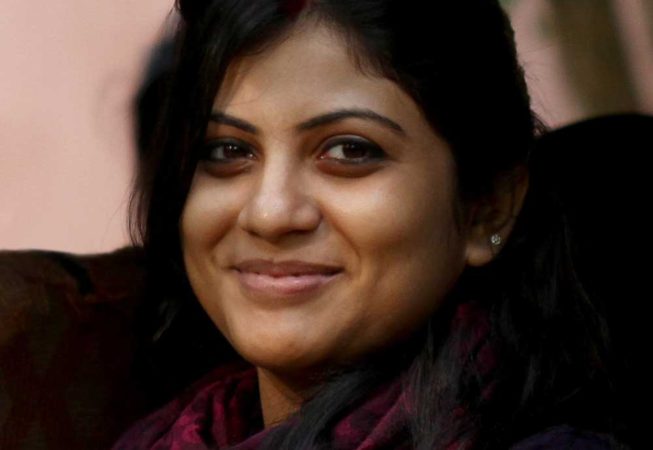Bee Nutrition: One Ring To Rule Them All?
United States being one of the largest centers of commercial beekeeping, honey bees ensure sustenance of the billion dollar industries for both beekeepers and crop producers. Recent alarming honey bee colony losses due to multitude of factors – such as pests and pathogens, poor nutrition and pesticides – have affected both beekeepers and growers, especially as both are interdependent for their economic sustainability. Pollen forage and protein supplements provided by the beekeepers form the backbone of bee nutrition. In light of colony losses and reported adverse effects on bee health and pollination services, it is extremely crucial to understand the needs of optimal nutrition. The recent studies in the Sagili Honey Bee Lab at OSU will be discussed such as (1) impacts of phytosterols (a critical micronutrient that all bees require) on honey bee colony performance and individual bee health; (2) pollen nutritional quality of various bee pollinated commercial crops; (3) impacts of two common, commercially available, probiotics on bee health; (4) preliminary findings on the impacts of pesticides on royal jelly and (5) preliminary findings on the impacts of two sterol-biosynthesis inhibitory fungicides on honey bees. In all these studies, the role of optimal nutrition in counteracting any form of stress will also be discussed.
Priyadarshini Chakrabarti Basu, PhD, is currently working as a post-doctoral researcher in Dr. Ramesh Sagili’s Honey Bee Lab at Oregon State University. Priya’s chief focus lies in improving honey bee health by understanding honey bee nutrition and deciphering the effects of pesticides on pollinators. At the Sagili Honey Bee Lab, she is currently studying the importance of optimal nutrition in improving bee health, the impacts of pesticides and other stressors on bees and is also studying to understand if nutrition, as an important factor, can help mitigate other forms of stress. She employs various techniques of molecular ecology, mass spectrometry, insect physiology, ecotoxicology, neuroethology and apicultural practices to address her research questions. As a recipient of the prestigious DST-INSPIRE Fellowship by the Dept. of Science & Technology (Govt. of India), she earned her PhD from the Department of Zoology and Centre for Pollination Studies at the University of Calcutta in India, where she studied the effects of pesticides on wild Indian honey bees. She was the recipient of the prestigious Royal Society Newton International Fellowship. She also pursued research at the Institute of Neuroscience at Newcastle University, UK, being awarded the prominent Newton Bhaba PhD Placement Fellowship. She has published several peer reviewed scientific journals, books chapters and extension articles. Apart from mentoring undergraduate and graduate students, she also interacts at daylong seminars with schoolchildren to teach honey bee biology and spread environmental and pollinator awareness.

